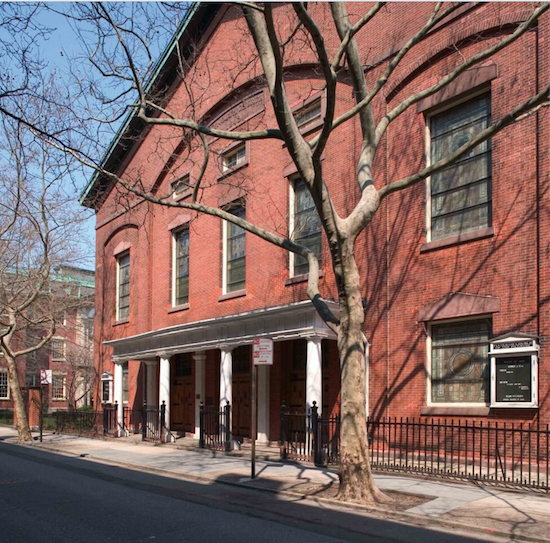Faith In Brooklyn for Jan. 13

Historic Church Famous for Abolitionist Ministry Sponsors Forum on Ending Modern-Day Slavery
Plymouth Church, noted for its 19th-century anti-slavery stand and the abolition work of its first pastor, the Rev. Henry Ward Beecher, will sponsor a free education and action event on the issue of human trafficking, also known as modern-day slavery.
“We Are the New Abolitionists: An Education and Action Event to End Human Trafficking in our City” takes place on Sunday, Jan. 24 at 12:15 p.m., following Plymouth’s 11 a.m. service. It is free and open to the public. Rarely talked about, human trafficking is a growing epidemic across the country. This event will include immediate hands-on steps for people to take action, including a letter-writing campaign to legislators and volunteer opportunities.

Brooklyn Boro
View MoreNew York City’s most populous borough, Brooklyn, is home to nearly 2.6 million residents. If Brooklyn were an independent city it would be the fourth largest city in the United States. While Brooklyn has become the epitome of ‘cool and hip’ in recent years, for those that were born here, raised families here and improved communities over the years, Brooklyn has never been ‘uncool’.